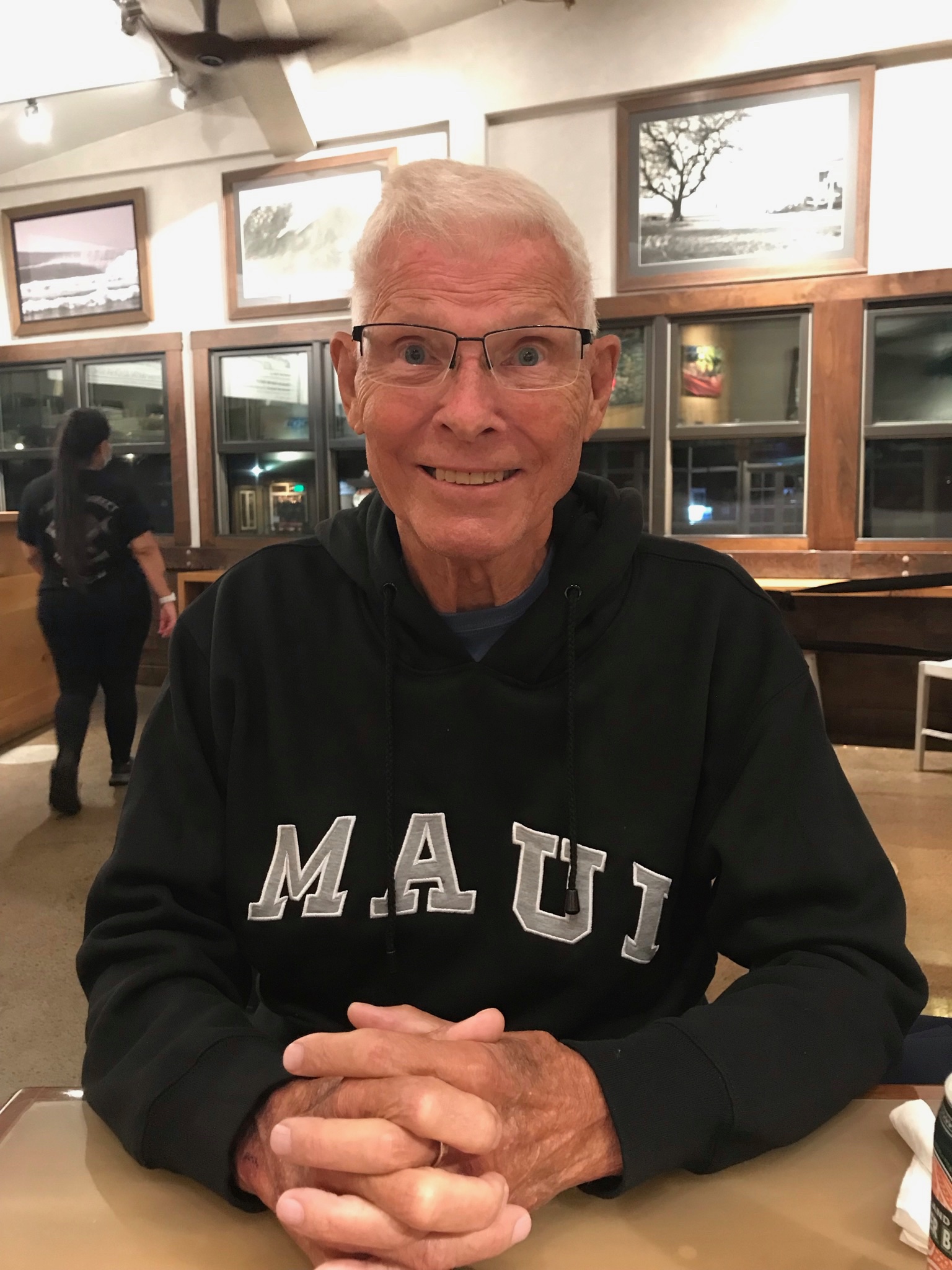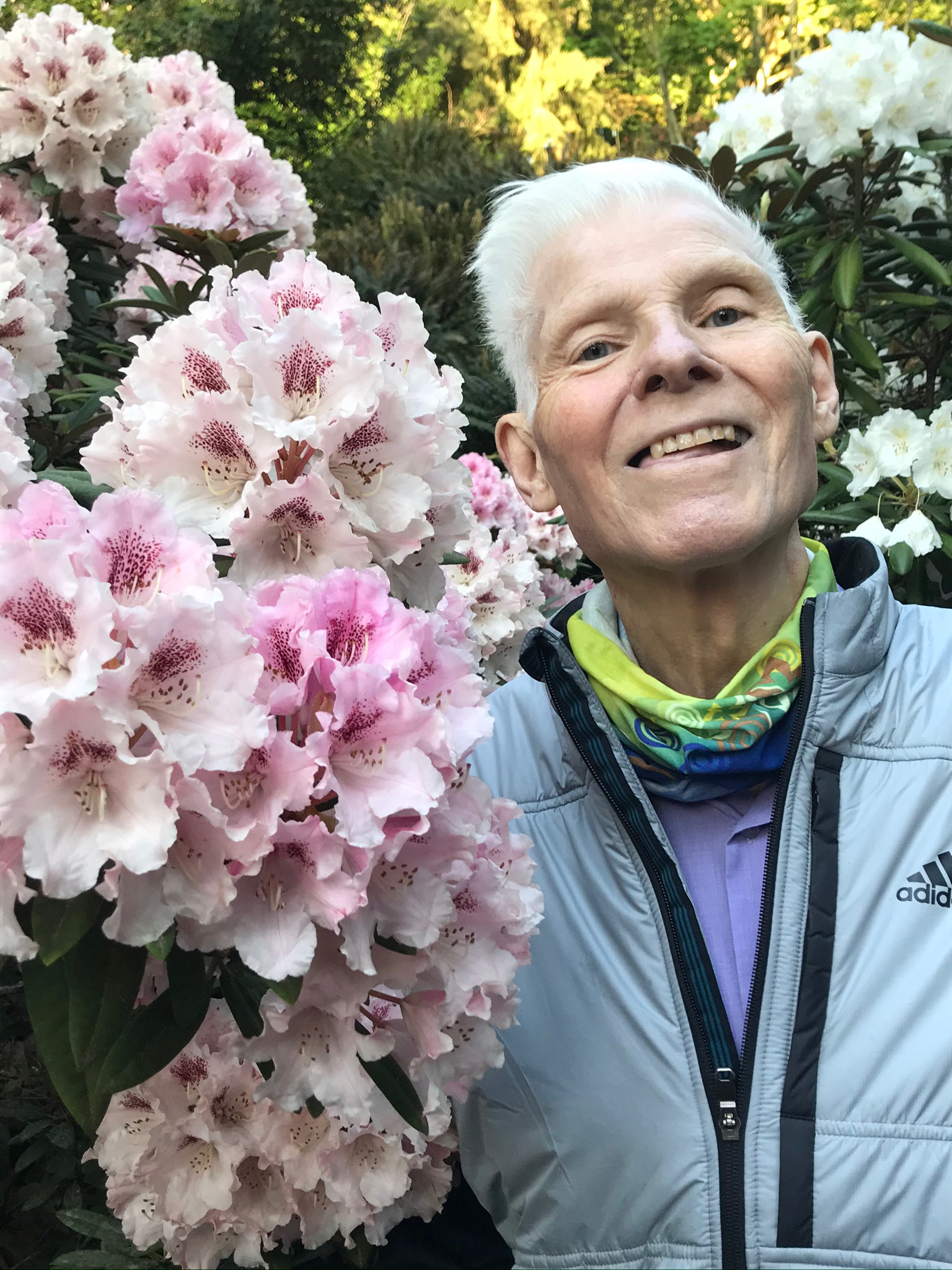It is with great sadness that we share the passing of Professor and Former Dean, Robert Mugerauer, on May 8, 2022.

Professor Mugerauer, or Dr. Bob as he liked to be called, served as the Dean of the College of Built Environments from 2000 to 2006 and held joint appointments in the Department of Urban Design and Planning and the Department of Architecture. Dr. Bob believed in his students’ ability to make the world a better place. His passion and commitment to equity and justice lives on in those he taught and worked with.
Dr. Bob graduated with his B.A. from the University of Notre Dame in 1967, going on to get his Ph.D. in 1973 at the University of Texas at Austin.
Prior to landing at the University of Washington, Dr. Bob spent time at Grand Valley State College, the University of Texas at Austin, and St. Edward’s University in various teaching and leadership positions.
While at the University of Washington, Dr. Bob served as the Director of the Ph.D. in the Built Environment from 2002 to 2022, was Chair of the UW Architecture Commission from 2000 to 2006, and was a College Representative to the University Graduate Council from 2014 to 2022.
Dr. Bob proposed the Ph.D. in the Built Environment program in the early 2000s, and worked closely with faculty in the college to design it. Thanks to Dr. Bob’s efforts, the university approved the program in 2003, and the first class was held in Autumn quarter that same year. Bob then directed the program for 17 years.
In the classroom he taught us to experiment, to explore. We called his drawings ‘Bob maps’ but as I bring one of his courses to a close — the first class I ever took in the College, the one that introduced me to what it really means to think, to read theory, to use it to try to make sense of the complexity of the world, and to struggle to change it — I have learned that he called them
‘spaghetti drawings.’ It is, I think, this disposition to see the world as a tangle of forces and ideas and things that made him such an incredible mentor. More than anything, he was trying to get us all to stand on our own feet, to draw what was meaningful from the ideas that were circulating, to rub these elements together to see what kind of sparks were produced, and to use the resulting fire to illuminate our own journeys.
Dr. Bob’s own research focused on the qualitative dimensions of design, especially as they bear on environmental design, urban design, and health and well-being. His work applied current theories, including phenomenology and dynamic complexity theory, to explore the ways that social and cultural values shape our world.
He encouraged us to look at the world not as overdetermined by structure but rather as complex, dynamic, and full of agency. This wasn’t just an intellectual stance; he also cared deeply that we ourselves were engaged in processes of becoming, whether introspectively or out in the world. His inscription to me in his last book reads, ‘For Evan, a good friend and comrade at the beginning of a powerful trajectory.’ One of the toughest parts of his passing is realizing that I naively expected Bob to be along for much more of that trajectory. He always had been.
I was part of reading group with Dr Bob for 3 years, and it is those conversations that are always with me – when I meet with legislators about allocating money to retrofit homes in environmental justice communities, or when I meet with colleagues about developing a conceptual framework of design research rooted in liberation. Those conversations and Dr Bob’s unflagging commitment to social and environmental justice, rooted in the traditions of philosophy, have molded me and continue to motivate me in the pursuit of justice.
Dr. Bob was with the College for the last 22 years, working on many interdisciplinary projects with students from urban design and planning, architecture, landscape architecture, anthropology, nursing, and social work. “His collaborations with nurses on caring for people suffering from post-traumatic stress disorder; his writings on ethics for planners encountering difficult decisions; his essays on the power of architecture to generate a sense of place and history – they come together in a powerful collection that reveals Dr. Bob’s love for ideas that acknowledge the grinding harsh realities of what is and raise up what is already being done to create a more humane, caring world,” said Dr. Dooling.
Dr. Bob had a long and exceptional career as a scholar, intellectual, and administrator, but his greatest gift was as a teacher and mentor. Nothing, it seemed, made him happier than working with students, which he was able to do up to his last hours. Dr. Bob was wise, kind, patient, and extraordinarily generous. We will remember him as a cherished colleague, but even more so as a deeply good human being.

His contributions and his presence will be greatly missed.





